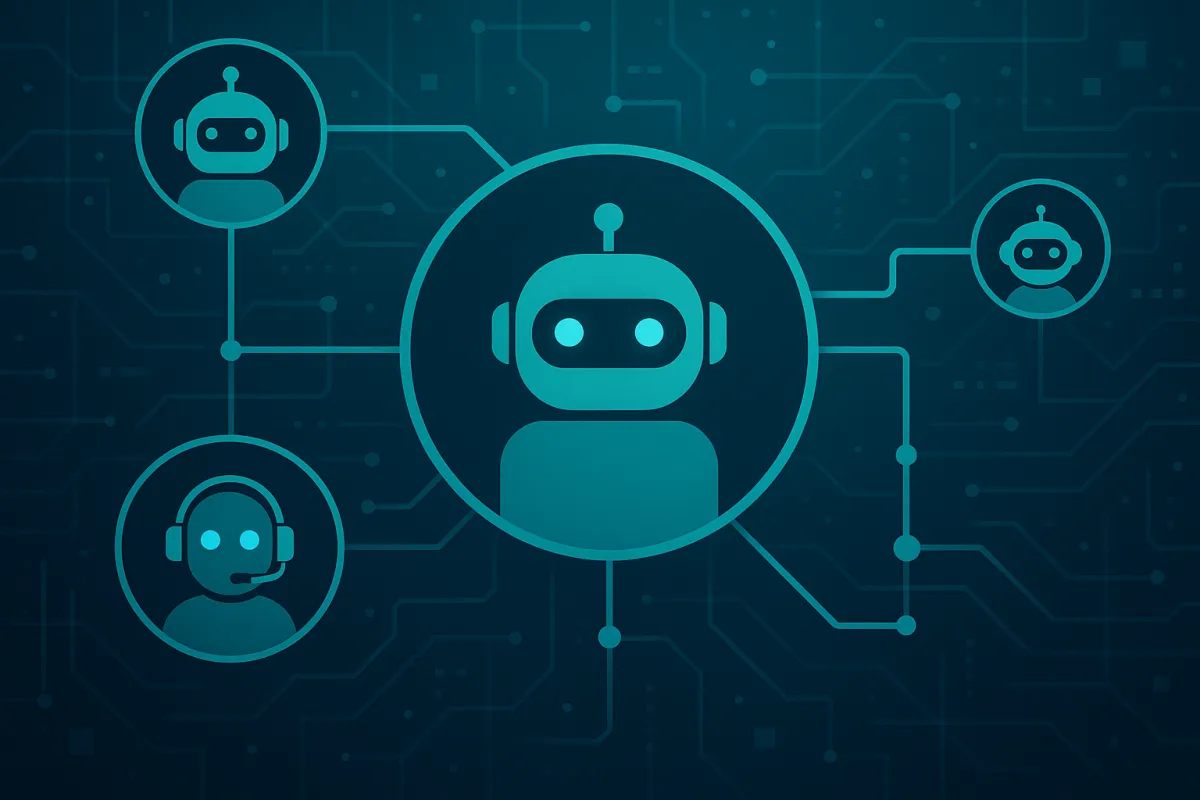
Stop Letting Leads Slip Away: This AI Follow-Up Strategy Closes More Deals
In sales, timing is everything. The difference between a closed deal and a lost opportunity often comes down to how—and when—you follow up. Unfortunately, many small and mid-sized businesses lose potential customers simply because they don’t follow up quickly or consistently enough. The solution? Implementing an AI-powered follow-up strategy that ensures no lead is left behind.
In this blog post, we’ll explore how artificial intelligence is transforming follow-up workflows, increasing conversions, and helping businesses close more deals with less effort.
The Follow-Up Gap: Where Most Leads Are Lost
According to industry research, over 80% of sales require five or more follow-ups, yet the majority of salespeople give up after just one or two. This follow-up gap is a silent killer of revenue. Whether it’s due to a lack of time, disorganized CRM systems, or simple forgetfulness, leads often slip through the cracks.
AI solves this by automating and optimizing follow-up communication based on lead behavior, timing, and engagement, all while maintaining a personal touch.
How AI Revolutionizes the Follow-Up Process
Here’s how AI can transform your follow-up strategy:
1. Behavior-Driven Timing
AI tools analyze each prospect’s behavior—such as email opens, website visits, and link clicks—to determine the best time to follow up. Instead of relying on fixed schedules, follow-ups happen when leads are most likely to respond.
2. Personalized Messaging at Scale
Using natural language processing and CRM data, AI can craft tailored messages that feel personal, even when sent to thousands of leads. This makes follow-ups more relevant, increasing the likelihood of engagement.
3. Multi-Channel Automation
AI follow-up systems can send emails, SMS messages, and even initiate calls or chatbot conversations across platforms. This ensures prospects receive timely touchpoints in the format they prefer.
4. Lead Scoring and Prioritization
Not all leads are equal. AI ranks leads based on their likelihood to convert, allowing sales teams to focus on high-value opportunities. Lower-scoring leads are nurtured automatically until they’re ready for a human touch.
The AI Follow-Up Workflow That Closes More Deals
Implementing an effective AI-driven follow-up strategy involves several key steps:
✅ Step 1: Capture and Centralize Lead Data
Ensure all lead sources—web forms, social media, events, and calls—funnel into a centralized CRM system.
✅ Step 2: Set Up Smart Triggers
Create workflows where specific actions (e.g., downloading a whitepaper or clicking a pricing page) trigger immediate follow-ups.
✅ Step 3: Automate Messaging Sequences
Use AI to send follow-up sequences based on lead behavior. These sequences can adjust automatically—changing tone, timing, or content based on how a lead interacts.
✅ Step 4: Monitor and Optimize
AI continuously learns from responses and adjusts outreach strategies. Insights are fed back into the system, improving accuracy and effectiveness over time.
Real-World Results: The Power of AI Follow-Ups
Businesses using AI-powered follow-up strategies report:
● 3x higher response rates compared to manual follow-ups
● 50% reduction in sales cycle times
● 35% increase in closed deals within the first 6 months of implementation
From SaaS companies to real estate firms, AI follow-up systems are proving to be game-changers in driving conversions and revenue growth.
Tools That Make It Happen
Some of the top AI tools to automate follow-ups include:
● Salesforce Einstein – Integrates deeply with Salesforce CRM and provides AI-driven recommendations.
● Reply.io – Offers AI-powered email sequences and lead engagement insights.
● HubSpot Sales Hub – Combines AI automation with customizable workflows.
● Outreach – A robust sales engagement platform with AI-powered sequencing and analytics.
When selecting a tool, consider integration with your existing systems, ease of use, and scalability.
Human + AI: The Winning Formula
While AI can handle timing, personalization, and execution, human intuition still plays a vital role. The best approach is a hybrid model: let AI do the heavy lifting and bring in human sales reps when deeper engagement or relationship-building is required.
This synergy ensures that leads are nurtured properly and moved efficiently through the sales funnel—without burning out your team.
Conclusion
Leads are too valuable to lose to poor follow-up. With an AI-powered follow-up strategy, businesses can automate outreach, personalize engagement, and dramatically improve close rates. It’s not about replacing your sales team—it’s about empowering them with tools that deliver the right message at the right time, every time.
Stop letting leads slip away. With AI, follow-up becomes not just consistent—but a strategic, conversion-driving advantage.
